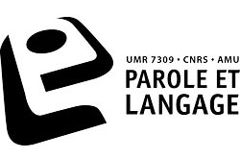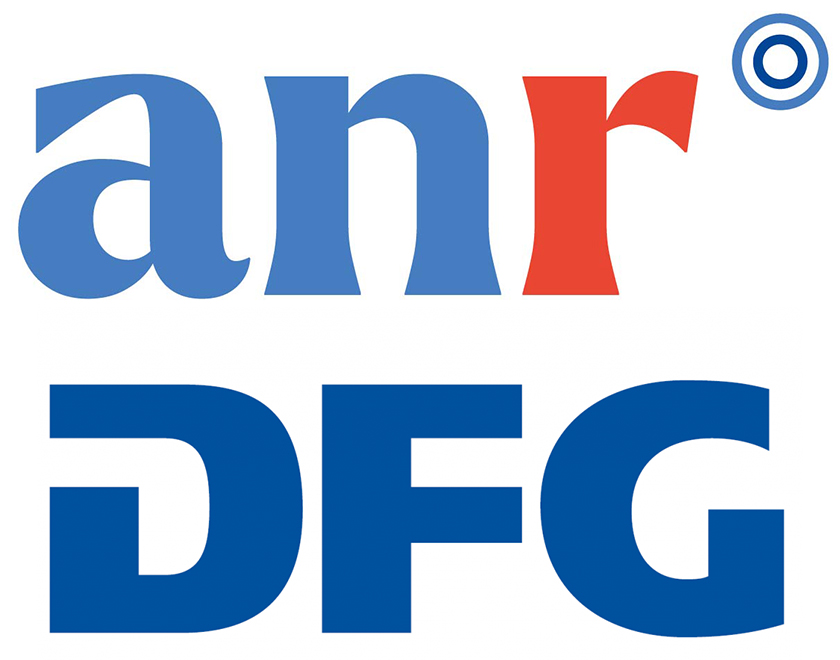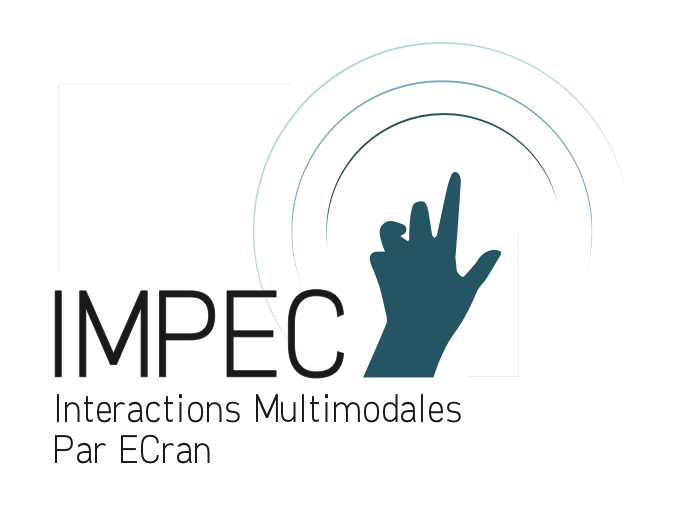Mercredi 23 octobre 2024
LPL, salle B011, 10h30 à 12h
Lien Zoom : https://univ-amu-fr.zoom.us/j/7692837947
ID de réunion: 769 283 7947
Conférence invitée de
Jean-Simon desRochers
(Université de Montréal)
En collaboration avec Isabelle Cros (LPL, AMU), Delphine Presles et La Marelle (Marseille)
dans le cadre des activités de l'équipe de recherche Langues, Education & Apprentissage (LEdA)
Créer pour chercher : le projet Car@kol
Ce séminaire LPL/AMPIRIC portera sur comment dire, écrire, enseigner les plurilittératies (Chiss, 2012 ; Cazden et al., 1996), et sur la manière dont la création peut nourrir la recherche, en éducation et au-delà. L’accueil par AMPIRIC de l’écrivain et enseignant-chercheur Jean-Simon DesRochers (DesRochers, 2015 ; 2024), collaborateur du projet de recherche Car@kol (Creación Art Based Research d’un @lbum KOLaboratif), fournira l’occasion d’aborder ces questions sous l’angle de la création : par la recherche-création (Raîche-Savoy et Déméné, 2022) ; et à travers l’écriture créative, plurilingue (Moore, 2020 et numérique (Bouchardon, 2014). Créer signifie faire surgir « quelque chose » qui existait uniquement sous forme potentielle. À l’opposé du surgissement des possibles, qui sont forcément avérés, l’acte de création cherche à générer des événements de sens singuliers, inédits. Si le savoir-faire en création permet de se doter de méthodes permettant de parfois tutoyer les potentiels, il n’en demeure pas moins que pareilles méthodes ne sauraient être réduites à des recettes qui aurait pour effet d’éliminer toute création réelle. Dans un tel registre : quel est le sujet dans l’enseignement de la création ? Comment transmettre des savoir-faire qui ne peuvent être reproduits ? La réponse, à la fois simple et infinie, repose sur une passation de dispositions éthiques : il faut chercher à créer et surtout, créer pour chercher. C’est l’ambition du projet Car@kol, recherche-création collaborative et recherche-action/formation, qui vise à développer les compétences plurilittéraciques (plurilingues et numériques) des élèves au cycle 2, ainsi qu'à former les enseignants à ces dernières, par le recours à un album de jeunesse plurilingue (et sa version numérique) réalisé « sur mesure » en collaboration avec des acteurs de terrain.
Car@kol, projet porté par Isabelle Cros (LPL, AMU) et la résidence d’artiste et maison d’édition numérique La Marelle (Marseille), bénéficie d’une aide de l’État gérée par la Caisse des Dépôts et Consignations au titre du Programme Investissements d’Avenir dans le cadre du Projet AMPIRIC lauréat de l’appel à projet « Pôles pilotes de formation des enseignants et de recherche pour l’éducation ».
Ouvert aux membres du LPL et d’Ampiric











